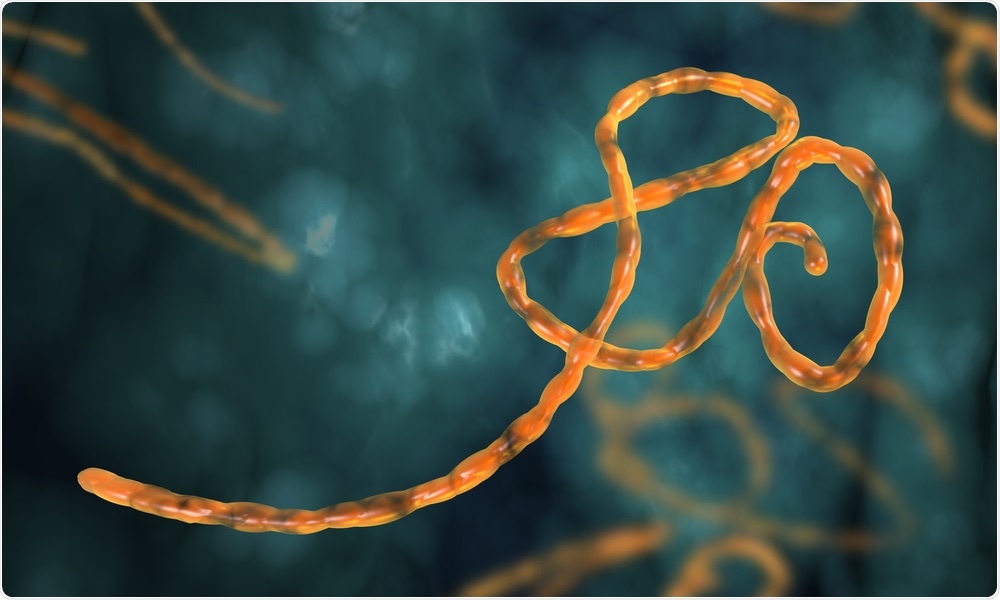A synthetic DNA vaccine developed by researchers at The Wistar Institute Vaccine & Immunotherapy Center has been shown to provide complete and enduring protection from Ebola virus in preclinical studies.
 Image Credit: Festa / Shutterstock
Image Credit: Festa / Shutterstock
According to the World Health Organization, Ebola causes a severe hemorrhagic fever that kills 50% of people.
Promising candidate vaccines have been developed in recent years, but they have been associated with potential side effects and/or may not be suitable for administration to vulnerable populations such as pregnant women, children and people with compromised immune systems.
Furthermore, the vaccines need to be improved to ensure long-term protection.
As reported in the Journal of Infectious Diseases, Wistar scientists have now designed synthetic DNA vaccines targeting surface glycoproteins on the Ebola virus.
In animal models, the vaccines were shown to be effective and demonstrated durability of the immune system, with the animals exhibiting strong immune responses one year after receiving a last dose.
This important finding supports the long-term immunogenicity of the vaccine, an area that has proved challenging previously in Ebola vaccine research.
For the study, the team optimized a shorter, dose-sparing vaccination technique and simplified administration to intradermal delivery.
The new approach resulted in fast and protective immunity to the virus and the level of antibodies generated was equal or higher than the level reported for other vaccines.
Synthetic non-viral based DNA technology allows for rapid vaccine development by delivery directly into the skin, resulting in consistent, potent and rapid immunity compared to traditional vaccine approaches."
David Weiner, Lead Researcher
Weiner says a vaccine like this could be an important new tool for protecting against Ebola and that the researchers are excited to see what further studies reveal.
The success of intradermal delivery of a low-dose regimen is very encouraging. The ultimate goal of our work is to create effective and safe vaccines that are optimized for field use in at-risk areas.”
Ami Patel, Scientist
Source
This news story is based a press release by The Wister Institute, originally published on EurekAlert.